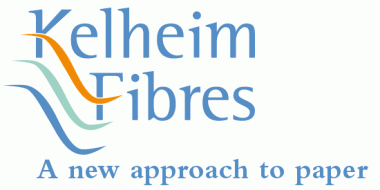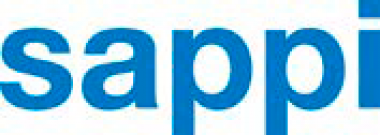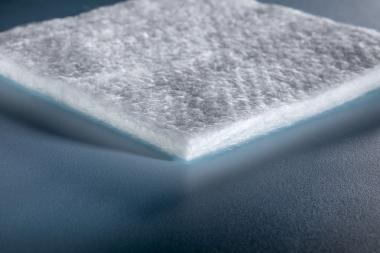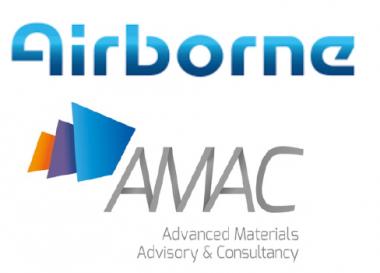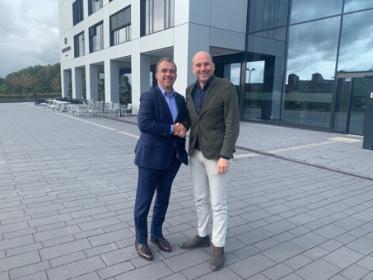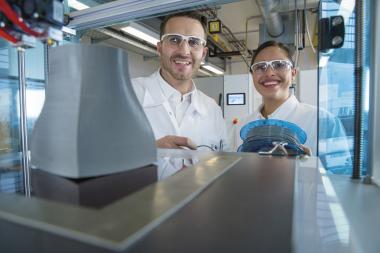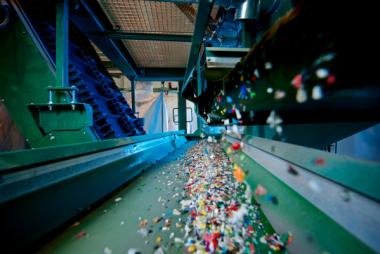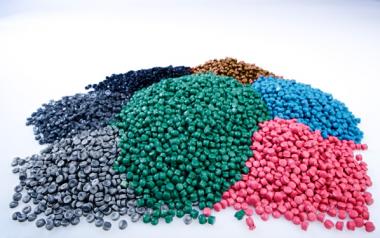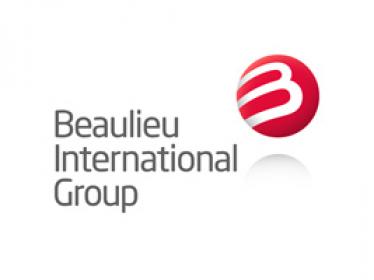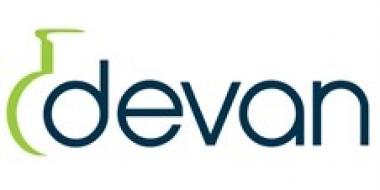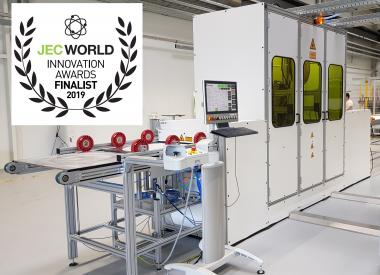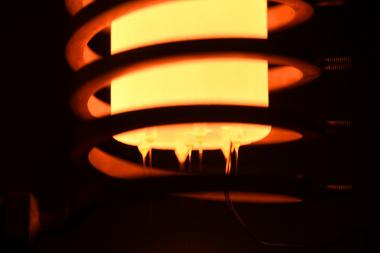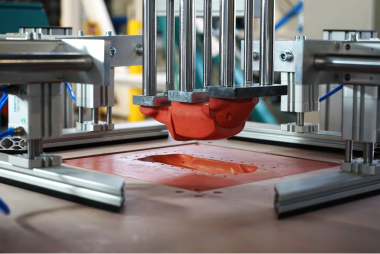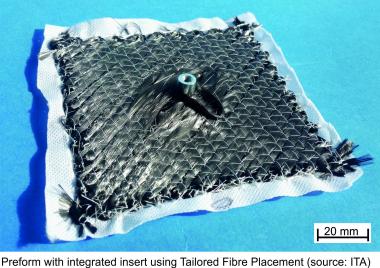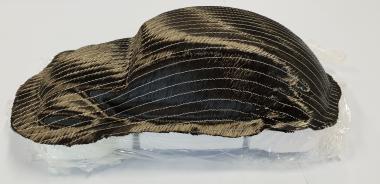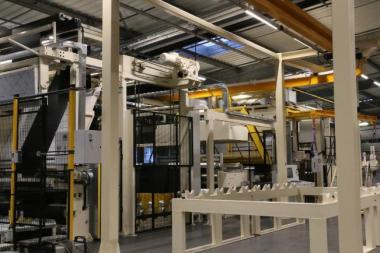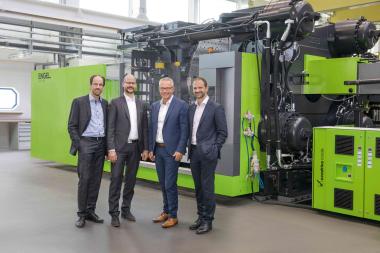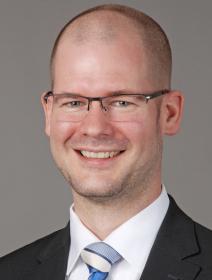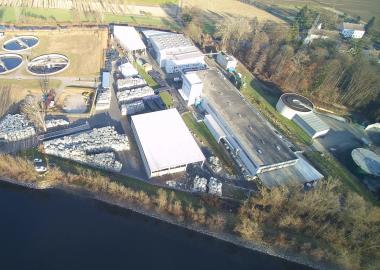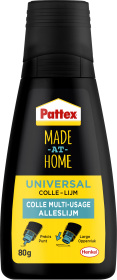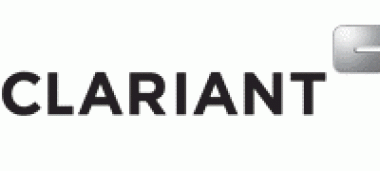Kelheim Fibres: Frontrunner in CanopyStyle “Hot-Button“Ranking
In the 2019 `Hot-Button´ report issued by the forest conservation organisation Canopy, Kelheim Fibres attained a “green shirt” ranking. Many fashion brands already value the `Hot-Button´ report as a reliable indicator for sustainability for viscose fibre producers.
Raw material wood sourced only from certified sustainable forestry
The CanopyStyle initiative aims to achieve that no wood from ancient and endangered forests is used to produce viscose fibres. The audited companies must prove that they avoid these fibres and have implemented appropriate rules and procedures to check the origin of the wood. Performance in the areas environmental protection and innovation have been examined and evaluated by qualified external auditors; the report will be posted publicly in the first quarter of 2020.
Sustainable fibres for a changing market
“For years now Kelheim Fibres has consistently recognised the importance of sustainability and environmental protection. Now that resource saving and alternatives to plastics are of focal interest to the public and to the economy, our products are meeting with an even better reception from the market. Fibres produced in Germany with low emissions from certified sustainable timber meet the needs of customers seeking products that have a low risk of sourcing from ancient and endangered forests. “Having been awarded a `green shirt´ in the `Hot-Button´ ranking once again underlines this absolutely clearly!” says Matthew North, Commercial Director at Kelheim Fibres.
Kelheim Fibres
Kelheim-Fibers


